12 Clues You’re More Cultured Than the Average Person
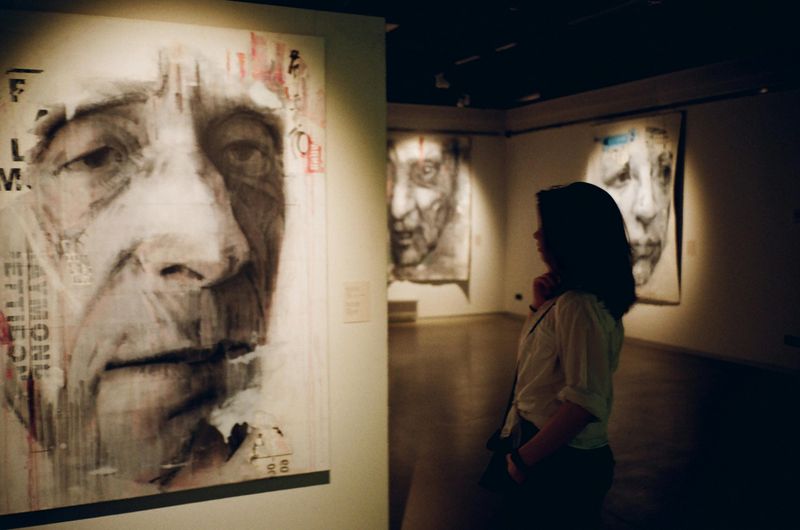
Culture isn’t about showing off fancy knowledge or name-dropping famous artists. Being cultured means having a genuine curiosity about the world and its many different ways of life. Some people naturally develop this quality by staying open to new experiences and learning from others around them. Here are twelve clear signs that you’ve developed a more cultured outlook than most people.
1. You’re Curious About the World
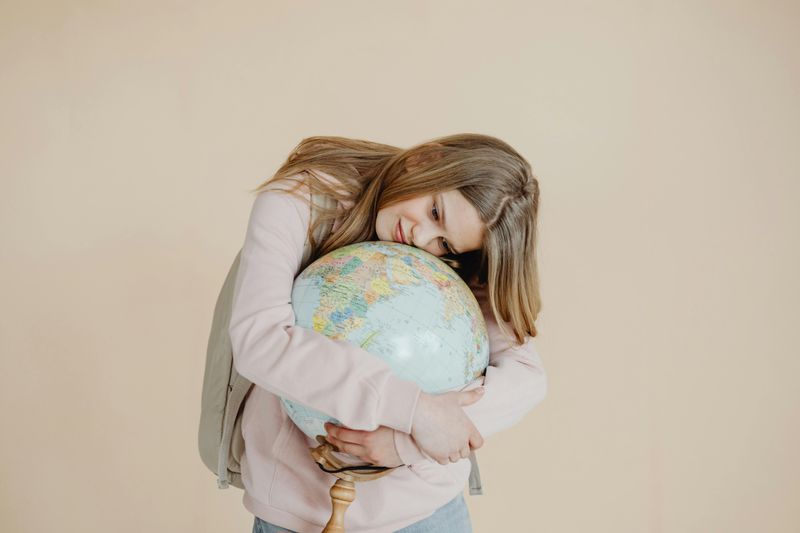
Most people stick to what they already know, but you’re different. You ask questions about places you’ve never visited and cultures you’ve never experienced. When someone mentions a tradition from their homeland, you want to hear more instead of changing the subject.
Your phone probably has apps for learning languages, and your browser history shows searches about different countries. You genuinely care about understanding why people do things differently than you do. This natural curiosity sets you apart from those who only focus on their own bubble.
Friends notice that you remember details about their backgrounds and ask thoughtful follow-up questions. You see differences as opportunities to learn rather than reasons to judge.
2. You Read Widely

Your reading list looks like a passport stamped by many countries. While others stick to bestsellers from their own culture, you seek out translated novels, historical accounts, and stories from voices around the world. Japanese poetry sits next to African memoirs on your bookshelf.
You don’t just read for entertainment—you read to understand different perspectives. When friends ask for book recommendations, you can suggest something meaningful regardless of their interests. You’ve probably discovered amazing authors that most people have never heard of.
Libraries and bookstores feel like treasure hunts to you. You’re drawn to sections others might skip, always hunting for that next story that will show you how someone else sees the world.
3. You Appreciate Art Beyond the Surface
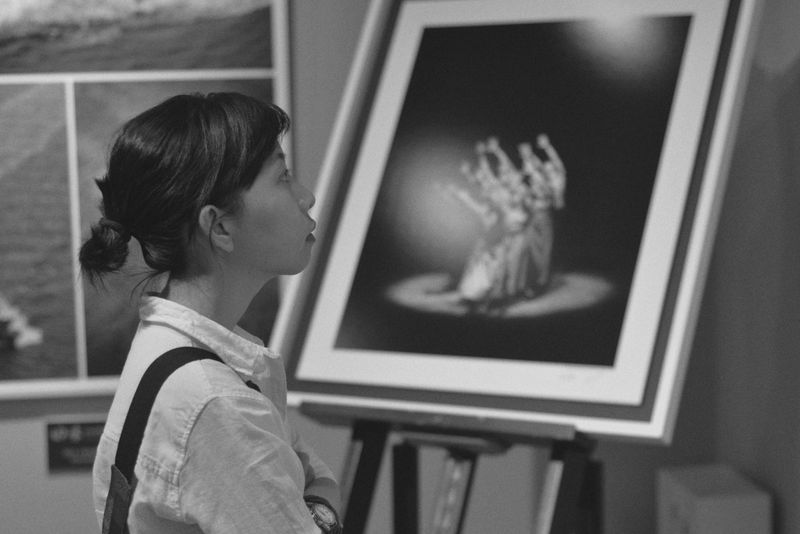
Walking through a museum, you don’t just glance at paintings and move on. You read the plaques, think about what the artist was trying to say, and consider the time period when it was created. Art becomes a conversation between you and history.
Music from different cultures catches your attention, and you find yourself researching the instruments or singing styles that sound unfamiliar. You understand that art reflects the society that created it. Theater performances make you think about social issues and human emotions long after the curtain falls.
Friends often ask what you thought about a movie or concert because they know you’ll have insights beyond “I liked it” or “It was boring.” You see art as a window into the human experience.
4. You Value Languages

Even if you’re not fluent in multiple languages, you recognize their beauty and importance. You’ve probably learned basic phrases before visiting other countries, not just to be polite, but because you understand that language shapes how people think and express themselves.
You get excited when you hear unfamiliar languages spoken around you, trying to identify them or asking speakers about their origins. You know that every language carries unique concepts that don’t translate perfectly into others. This fascinates rather than frustrates you.
Your phone might have translation apps, but you prefer learning key phrases the traditional way. You understand that making an effort to communicate in someone’s native language shows respect for their culture and creates deeper connections between people.
5. You Enjoy Trying New Foods

Your idea of adventure includes exploring restaurants that serve cuisine you can’t pronounce. While others order the same familiar dishes, you scan menus for items you’ve never tried before. Food represents culture on a plate, and you’re hungry to taste it all.
You don’t just eat international food—you research its origins and significance. That spicy Thai curry tells a story about trade routes and family traditions. The way Italian pasta is prepared connects you to generations of home cooks perfecting their craft.
Friends know they can count on you to suggest interesting restaurants for group dinners. You’ve probably introduced several people to their new favorite dishes. Food becomes your delicious pathway to understanding how different cultures celebrate, comfort, and nourish themselves.
6. You Travel With Depth

Tourist traps don’t satisfy your travel appetite. You prefer wandering through local neighborhoods, shopping at markets where residents actually buy their groceries, and striking up conversations with people who live there year-round. Hotels feel less authentic than homestays or local guesthouses.
Your travel photos show everyday life rather than just famous landmarks. You document street art, local festivals, and candid moments that capture the real spirit of a place. You return from trips with stories about people you met, not just places you visited.
Planning trips involves researching cultural customs and learning basic etiquette for your destination. You want to be a respectful guest, not just another tourist taking selfies. Your journeys change how you see the world and your place in it.
7. You Respect Different Perspectives
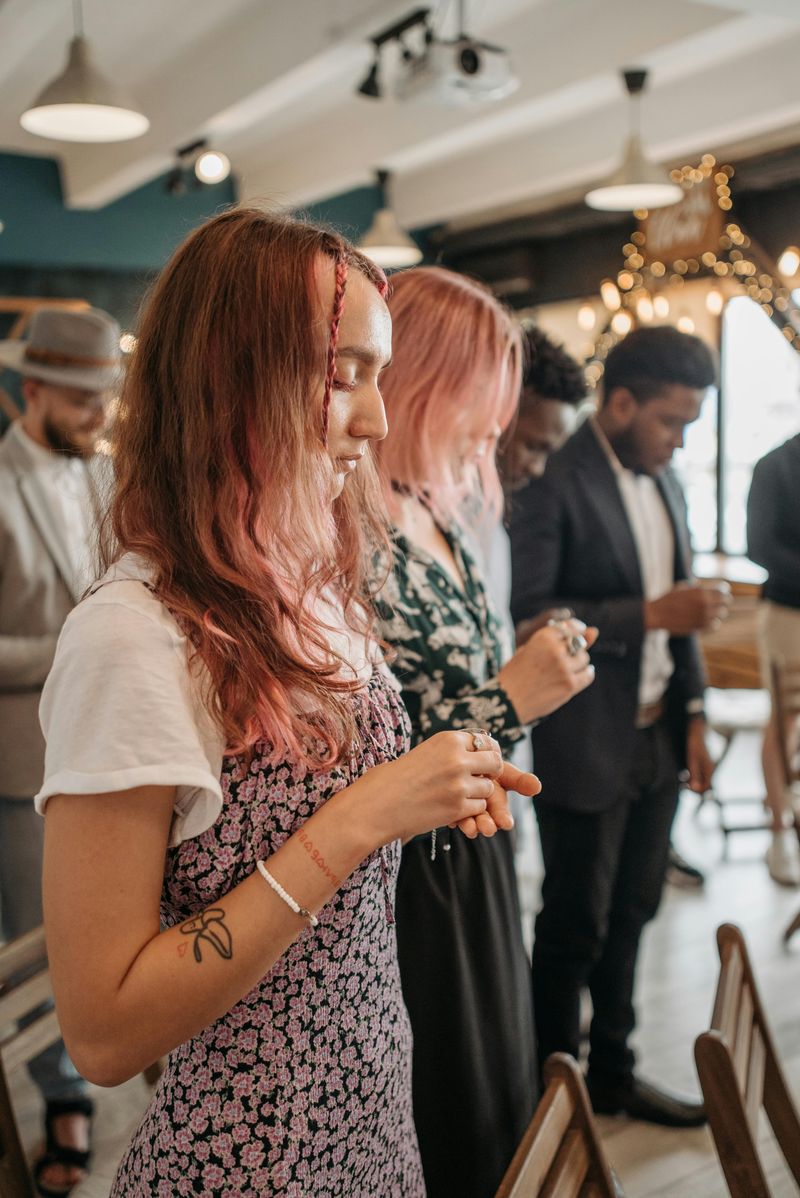
When someone shares beliefs or customs that differ from yours, your first instinct is curiosity, not judgment. You understand that cultural practices often have deep historical roots and meaningful purposes, even when they seem strange at first glance.
You’ve probably changed your mind about issues after learning how other cultures approach them. This flexibility comes from recognizing that your way of doing things isn’t the only valid way. Different doesn’t automatically mean wrong in your worldview.
Conversations with you feel safe for people from different backgrounds because they know you’ll listen with genuine interest. You ask questions to understand, not to prove points. This openness has likely enriched your relationships and broadened your understanding of what it means to be human in different parts of the world.
8. You Keep Up With Global Events
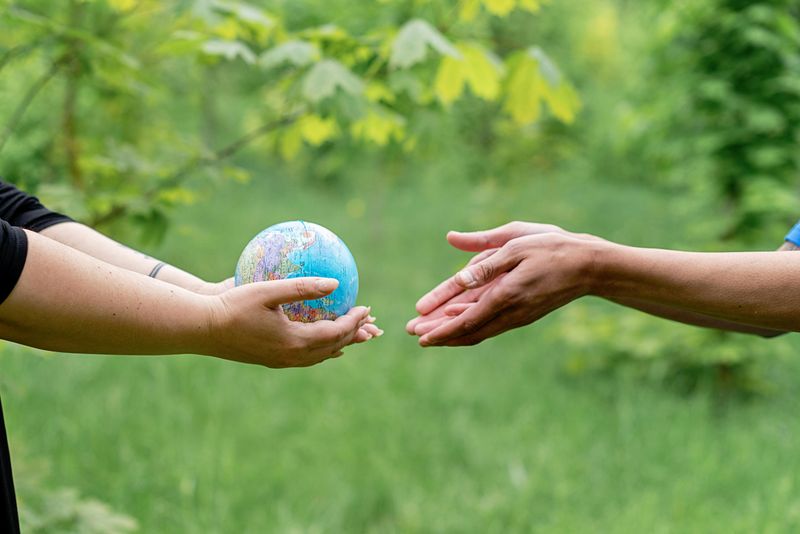
Your news consumption extends far beyond your hometown headlines. You follow international stories and understand that events happening thousands of miles away can affect everyone. Climate change, economic shifts, and social movements all capture your attention regardless of geography.
You can discuss current events in multiple countries and understand how they connect to larger global patterns. This awareness comes from recognizing that we live in an interconnected world where isolation is impossible. Local problems often have global roots.
Friends turn to you for context when international news breaks because they know you’ve been following the background story. You help others understand why distant events matter to their daily lives. Your global perspective makes you a more informed citizen of the world.
9. You Support the Arts
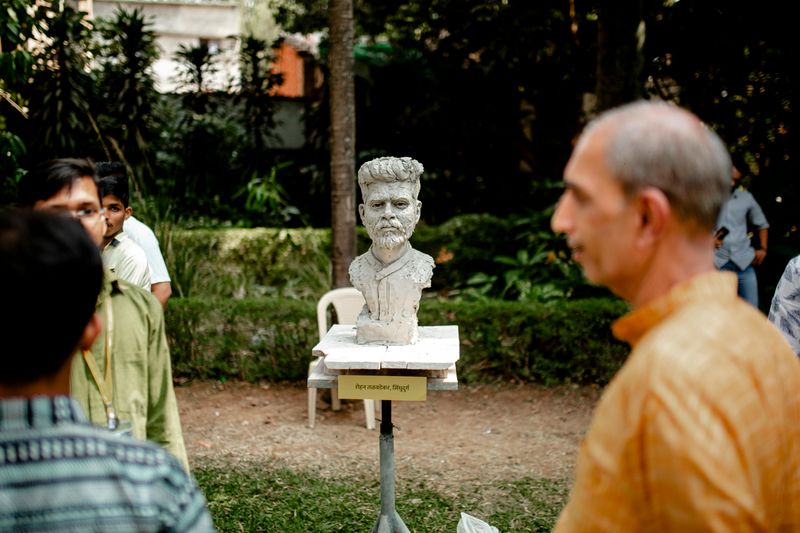
Your calendar includes cultural events that many people skip. Art gallery openings, foreign film festivals, and live theater performances compete with dinner plans for your free time. You see these experiences as investments in your understanding of human creativity and expression.
You don’t attend cultural events just for social media photos—you go because they genuinely enrich your life. Each performance or exhibition offers new perspectives on universal themes like love, loss, hope, and struggle. You leave these events with fresh insights.
Your support goes beyond attendance; you might buy pieces from local artists or donate to cultural organizations. You understand that arts funding affects a community’s cultural vitality. Creative expression needs champions, and you’re proud to be one of them in your own way.
10. You Learn From History
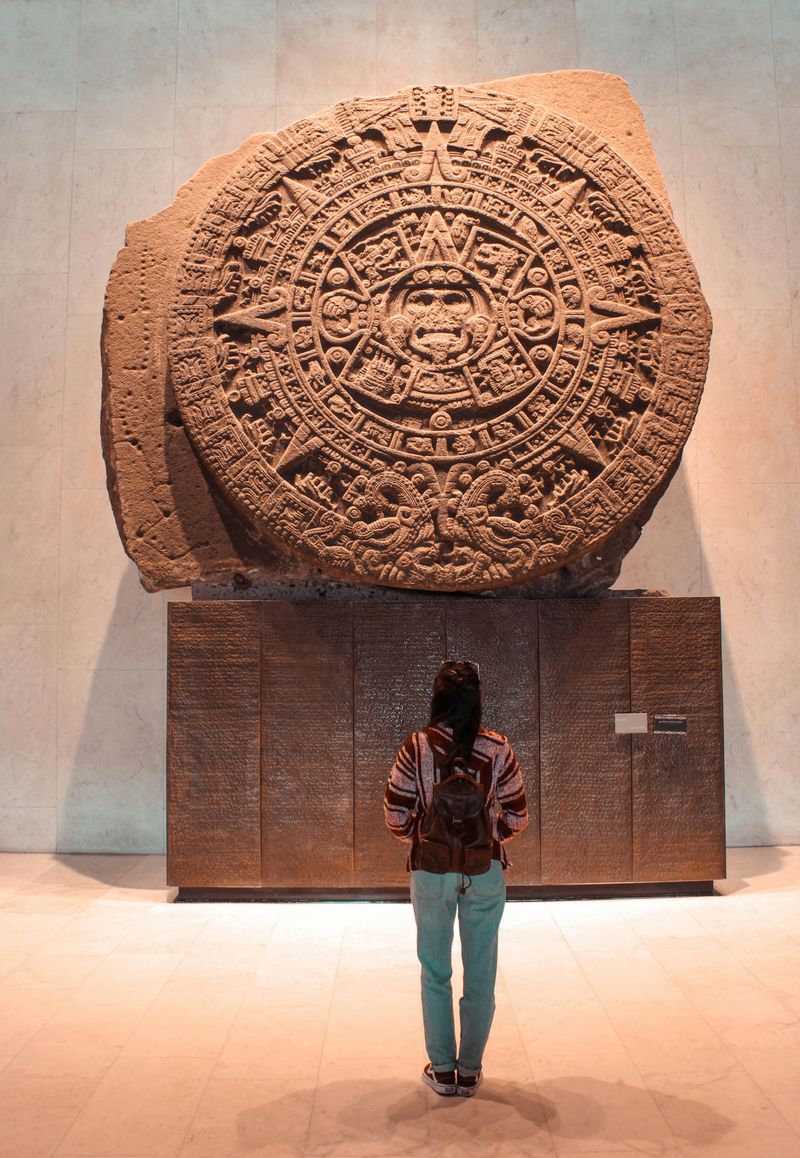
History isn’t just dates and dead people to you—it’s a guide for understanding today’s world. You see patterns repeating across time periods and cultures, recognizing how past decisions created current situations. This perspective helps you make sense of complex modern issues.
You enjoy historical documentaries, museums, and books that connect past events to present circumstances. Ancient trade routes explain modern economic relationships. Past social movements illuminate current struggles for justice. You find these connections fascinating rather than boring.
Your conversations often include historical context that helps others understand why things are the way they are. You don’t memorize facts to show off—you study history to become a wiser person. This knowledge makes you more thoughtful about decisions and more empathetic toward different groups of people.
11. You Surround Yourself With Diversity
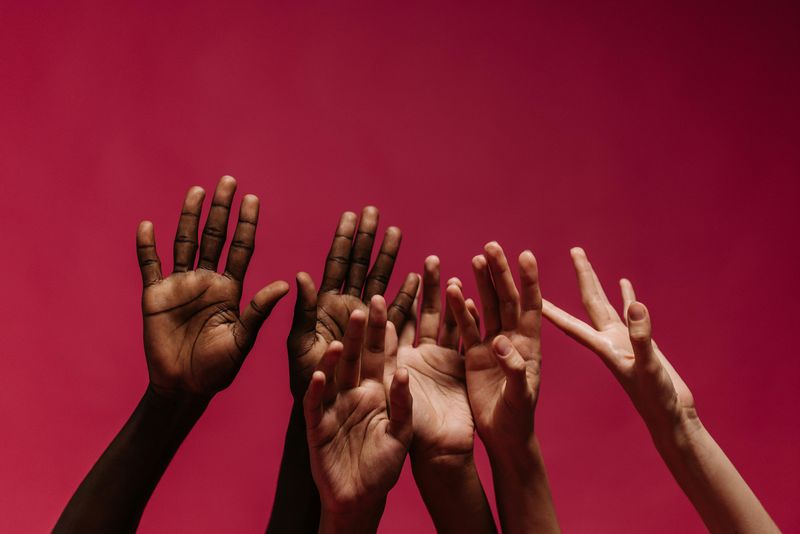
Your social circle looks like a small United Nations meeting. Friends, colleagues, and mentors come from different countries, religions, and backgrounds, and you value what each person brings to your life. These relationships happened naturally through your openness to connecting with all kinds of people.
You’ve probably been invited to weddings, holiday celebrations, and family gatherings that introduced you to traditions you’d never experienced before. These invitations come because people trust you to be respectful and genuinely interested in their customs.
Your diverse relationships have taught you more than any textbook could about different ways of living, thinking, and solving problems. You’ve learned that common ground exists everywhere when people approach each other with genuine curiosity and respect. These friendships have made you a richer, more understanding person.
12. You Practice Cultural Humility
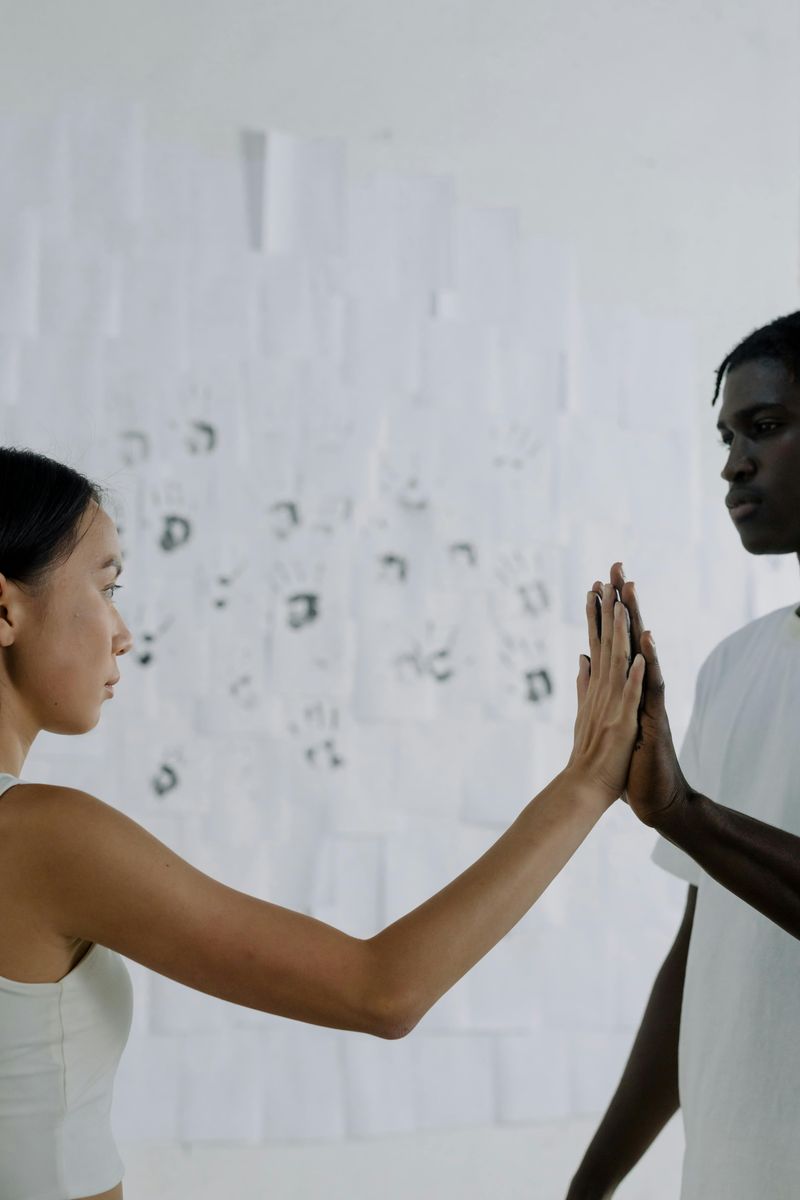
Despite all your cultural experiences and knowledge, you remain humble about what you don’t know. You understand that culture is incredibly complex, and no outsider can fully grasp all the nuances of someone else’s background. This humility makes you a better learner and friend.
You’re comfortable saying “I don’t know” when cultural topics arise outside your experience. Instead of pretending to understand, you ask questions and listen carefully to answers. You recognize that cultural learning is a lifelong process, not a destination you reach.
People from different backgrounds feel comfortable sharing their experiences with you because you don’t claim to be an expert on their culture. You approach each conversation as a student, not a teacher. This attitude has probably led to deeper relationships and more meaningful cultural exchanges than you could have achieved through any other approach.

Comments
Loading…